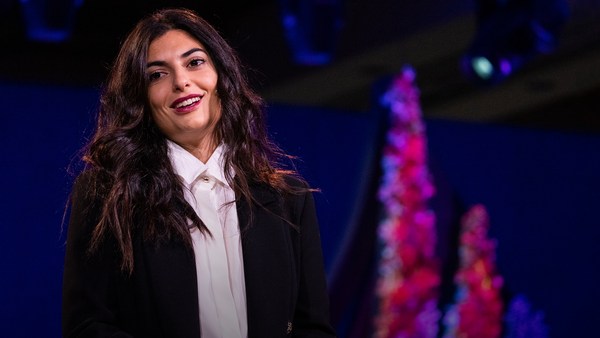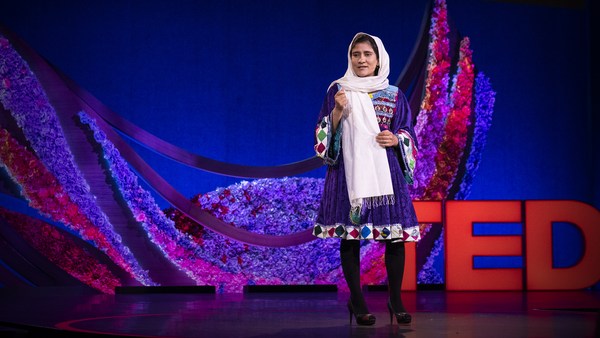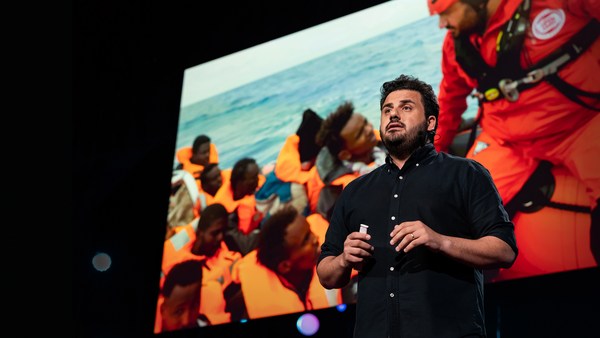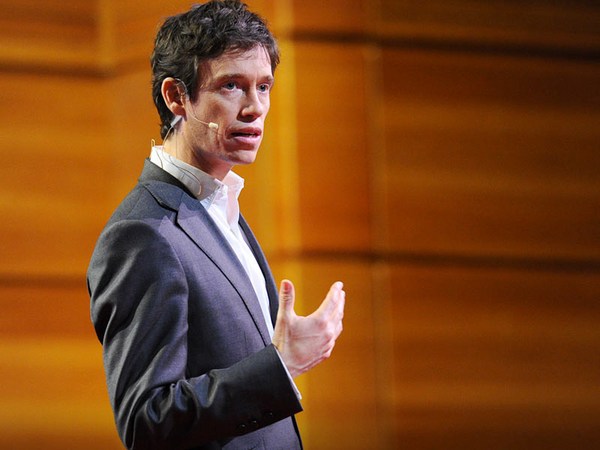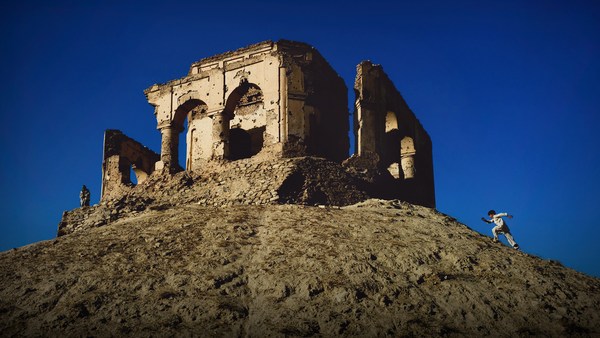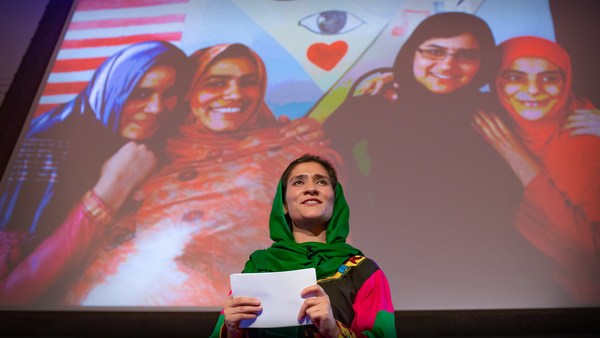Last year, I spent several months photographing the fast changes across Afghanistan, as we approached the 20th anniversary of the US invasion. At the time, I wanted this assignment to be a love letter to a troubled land that I had called home for seven years. Little did I know that it will become a goodbye letter to Afghanistan as I knew it.
Along with our brave local colleagues, we traveled across Afghanistan to look at how the last 20 years impacted people. I was specifically drawn to hear from the youth who grew up after the American invasion in an increasingly open society. They grew up in a world with Facebook, Twitter, American movies and TV shows. A world of new freedoms and opportunities. They also endured war and terrorism, poverty and dislocation, barely surviving under a corrupt government and the perpetual threat of suicide bombings. While the youth in countryside mostly saw themselves either victimized or fighting for both sides of the conflict, the youth in urban areas had more options and dreams. Many of the young men and women that we met with were hanging on to the last rays of hope as the country was sinking into darkness because of the American withdrawal and Taliban’s imminent takeover. For me, confronting this was the beginning of the end.
I want to take you on a journey in the months leading to Taliban’s takeover of Afghanistan, and give you snapshots of people as they lived through this transition.
Last April, I sat down on the cold cement floor of a prison with two teenage boys who were incarcerated for political charges, a loose term for helping the Taliban. 14-year-old Mohammad Asif had two brothers fighting on two sides of the conflict, one for the Taliban and one for the army. He chose to follow the path of the brother who was 16 when he joined the Taliban, and he was killed before he turned 20. I asked both boys to imagine themselves in ten years. Mohammad Asif said nothing and shrugged. I challenged him to try harder and see himself beyond the soulless cells of the prison. It took several tries. He eventually responded, "I don't know, I'll probably be dead."
On the same trip, we visited Karsai Peak, which at the time was serving as the frontline for Afghanistan's national army fighting the Taliban. The mountain range was peppered by dozens of outposts, housing soldiers and a militia unit. Most fighters were in their early twenties. Some of them were teenagers. Almost all of them hadn't been home in months. At the time, the unit was ambushed almost every night. The young men would stay up all night fighting and take turns to nap during the day. On July 2, a month and a half before the Taliban took over Afghanistan, they overran Karsai Peak. From the militia unit alone 19 men were killed. Another 25 were taken hostage. All these young men were the legacy of the American invasion.
Meet Hafiza. The war drove her out of her village and turned her sons into enemies. The conflict wedged itself in between her own family as her sons took different paths in life. Her oldest son joined an anti-Taliban militia unit, another joined the Taliban, and her two youngest were recruited by the army. Here she is revealing an open wound on her throat, a wound that doctors believe is caused by grief.
During my visit to Afghanistan's National Institute of Music, the first and only music school in Afghanistan, I met 17-year-old Sumbul, a brilliant violinist. She is the symbol of this generation that came of age with relative freedom and was robbed of it overnight. Sumbul’s family come from one of the most inaccessible regions of Afghanistan. Her father was kidnapped several times by the Taliban, being pressured to pull [his] daughters out of music school. After the fall of Kabul, Taliban fighters raided and ANIM school. Instruments were destroyed. On August 26, Sumbul and her uncle were outside of the airport among thousands of desperate Afghans trying to flee when a suicide bomb ripped through the crowd. Sumbul survived the attack, but her dream of performing inside Afghanistan vanished like 170 people who died all around her that day.
Over the course of that final summer, we watched as the country rapidly fell into the hands of Taliban. One of my colleague's tasks was to keep track of the fallen district. Another to count the fallen men. We watched in disbelief as 20 years of progress in women's rights, education, freedom of expression disappeared in 20 days.
On August 15, the day that Taliban took over Kabul, I left the house at 4am and headed to the airport to photograph Afghans who were desperately trying to leave in anticipation of Taliban's victory. By noon, Taliban fighters were marching on the streets, and by early evening, they had taken over the presidential palace. It was one of the most difficult decisions of my life to leave that day. As we were dashing to the airport, hundreds of people came to the street, running in every direction. I will never forget the panic on their faces. I myself was grappling with immense guilt for leaving and being able to leave. I was also heartbroken, thinking that I could never return, return to this home that has shaped me, not only as a photographer, but a human being.
Many Afghans have been devastated and overwhelmed with grief and fear since the fall. I recently caught up with Sumbul and Hafiza to see where they ended up after the fall. Sumbul is healing her scarred soul while pursuing her dream in Europe. Hafiza had gone back to her village to spend some time with her sons. The wound has not healed yet. Yet I have to hang on to hope. Hope for a country with open wounds that is struggling to heal. Thank you.
(Applause)
Shoham Arad: I have a couple of questions. I'm a little emotional, it's not a big deal. You've gone back to Afghanistan since you left. Can you tell us what it feels like right now?
Kiana Hayeri: The situation is very grim. I guess war has ended, but at a cost. But poverty is shooting out the roof, people are hungry, girls are banned from going to school, girls in high school. Women are stripped from their jobs. It's very grim.
SA: I know you love this country a lot. What's one thing you want people to know or think about when they think about Afghanistan?
KH: There are many Afghans arriving abroad, in the West, in America, in Canada. Open your doors to them, they've been through a lot, they've been traumatized, they've been stripped from everything they had, even their identities. Welcome them in [your] homes, take their hands, help them to settle, make them feel at home.
Also, get involved if you want. There are organizations that are doing stuff, especially for girls education back in Afghanistan. Get involved, donate money, volunteer your time, either with people who are arriving here or back in Afghanistan.
SA: Thanks, Kiana.
KH: Thank you.
(Applause)
